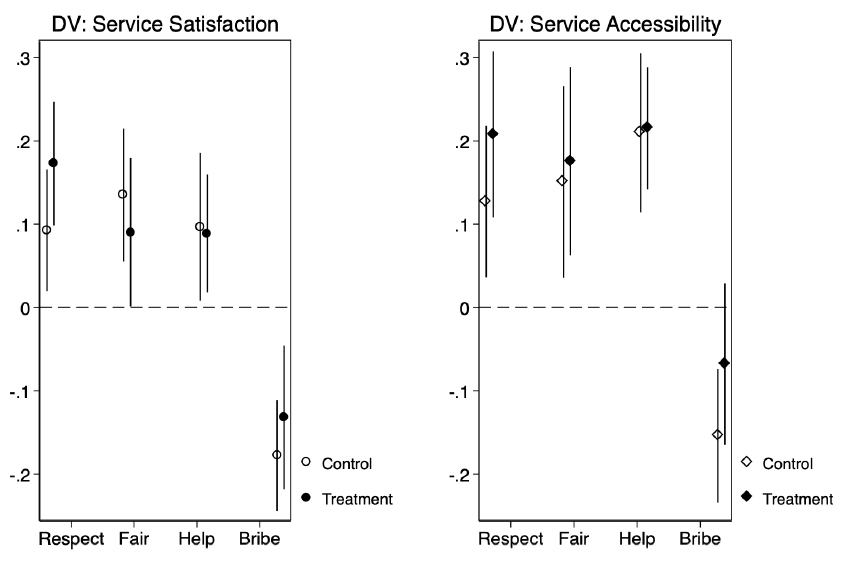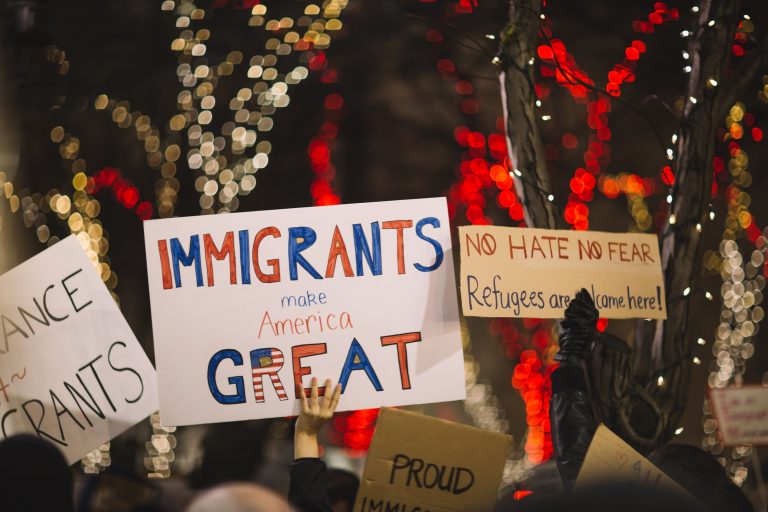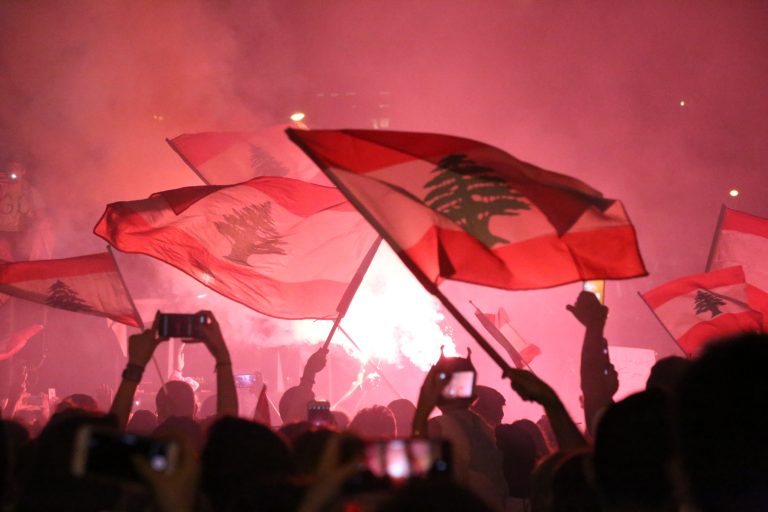Ethnic Favoritism in Street-level Bureaucracy?
- November 19, 2021
- Jangai Jap
Is there ethnic favoritism in street-level bureaucracy? And do conflict legacies facilitate ethnic favoritism?
Street-level bureaucracy is the primary state institution that allows for direct interactions between ordinary citizens and agents of the state. While evidence of ethnic favoritism in distributive politics is overwhelming, existing works primarily explain the state agents’ behavior in contexts where they are not directly interacting with clients.
This paper provides a more precise discussion on how ethnicity drives interactions in street-level bureaucracy. I argue that coethnicity between service providers and service seekers improves ethnic minorities’ experiences in street-level bureaucracy, and ethnic favoritism in this context is attributable to both state agents’ and clients’ behavior and perceptions.
Using an original survey experiment, I find strong evidence of ethnic favoritism in street-level bureaucracy in Myanmar.
I also find that ethnic favoritism is most robust among ethnic minorities with legacies of armed conflict, but it dissipates among ethnic minorities without a history of armed conflict.










